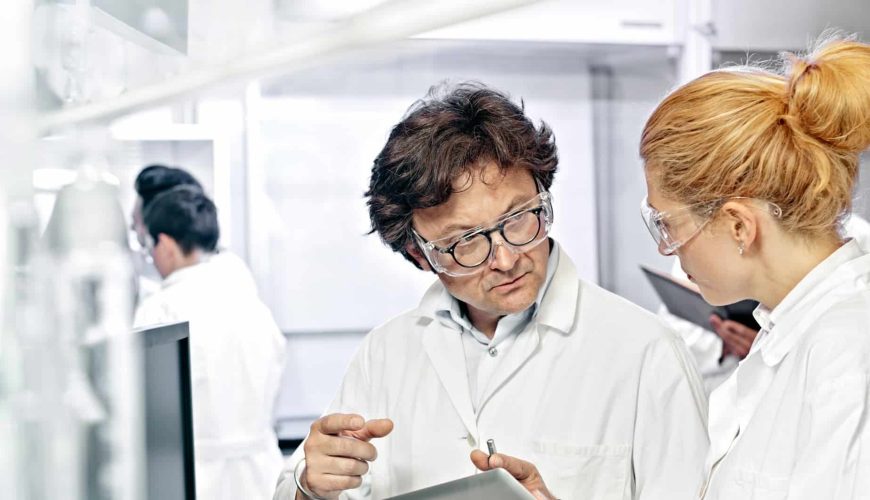Participating in a laboratory training program is a transformative experience for individuals seeking to improve their skills and knowledge in scientific research and experimentation. These programs are designed to provide inclusive training, equipping participants with essential competencies needed in various laboratory settings. Here’s an overview of what you can expect to learn in a laboratory training program UAE.
Practical laboratory techniques:
One of the primary focuses of a laboratory training program is the development of practical laboratory techniques. Participants gain hands-on experience with essential skills such as pipetting, titration, and centrifugation. They learn how to prepare samples, conduct experiments, and operate various laboratories instruments, including microscopes, spectrophotometers, and chromatographs. Mastering these techniques is important for conducting reliable and accurate experiments in any scientific field.
Safety protocols and best practices:
Safety in the laboratory is paramount, and training programs place a strong emphasis on safety protocols. Participants learn about the proper use of personal protective equipment (PPE), the handling of hazardous materials, and emergency response procedures. Understanding Material Safety Data Sheets (MSDS) and adhering to safety regulations are key components of laboratory training, ensuring a safe working environment for all personnel.
Data collection and analysis:
Laboratory training programs teach participants how to collect and analyze data effectively. Trainees learn various methods for recording experimental results, maintaining laboratory notebooks, and ensuring data integrity. They also explore statistical analysis techniques and software tools used to interpret data, which are essential for drawing valid conclusions from experiments and presenting findings.
Laboratory equipment operation:
A significant part of laboratory training involves familiarization with a wide range of laboratory equipment. Participants learn the principles of operation for various instruments, including balances, pipettors, and incubators. Understanding how to calibrate and troubleshoot equipment is also a vital skill, allowing trainees to ensure accuracy and reliability in their work.
Research methodologies:
Training programs often cover different research methodologies used in scientific investigations. Participants explore qualitative and quantitative research methods, experimental design, and the scientific method. This foundational knowledge helps trainees understand how to formulate hypotheses, design experiments, and evaluate results critically.
Effective communication is key in the scientific community, and laboratory training programs focus on the importance of clear and concise communication. Participants learn how to write scientific reports, prepare presentations, and discuss their findings with peers and mentors. These skills are key for collaborating in research teams and sharing knowledge with a broader audience.
